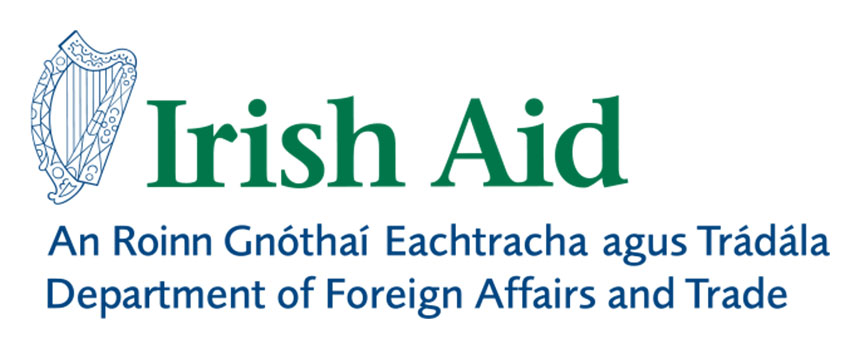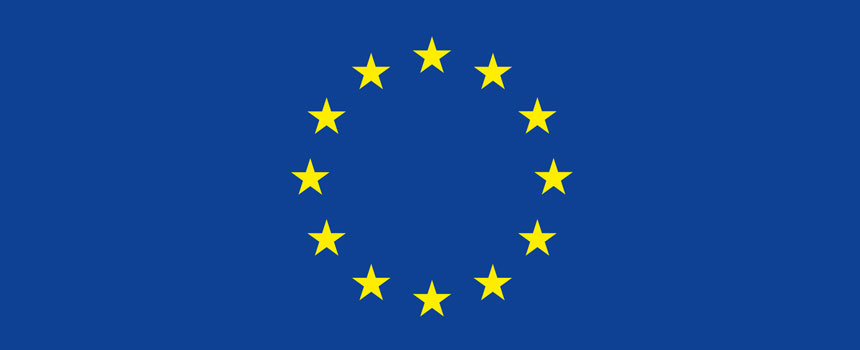Is Mainstream Economics Common Sense?
December 11th, 2015 - John Barry, Professor of Green Political Economy, Queens University Belfast
Economics, while presented and viewed by most people as ‘dry’, ‘objective’ or scientific’, is seen as ‘difficult’ and best left to ‘experts’ who know better i.e. those we hear on the media authoritatively and confidently talking about ‘real wage decreases’, ‘economic growth’, ‘the need for competitiveness’ and ‘foreign direct investment’ and telling us, the public, how the ‘markets’ have reacted to the latest government policy etc. In short, economics is seen as up there with nuclear physics as simply beyond the capacity or competence of people to understand and since it is something that only ‘economic experts’ can comment on, we as citizens are simply left with having to trust these experts. Yet, while of course, like any area of life there are technical issues that a minority will train and become expert in, the overall subject of economics, even in a modern complex world such as ours, is not that difficult for ordinary citizens to understand. Indeed in many important respects modern economics that we hear and read about in the newspapers, TV, radio and universities is more akin to a language, an off-putting one no doubt, about a subject the main elements of which however could be grasped by most people.
What we need to do is translate the language into one that is more easily understood and the best way of doing this is to reveal the political and ethical values underpinning the dominant or ‘common-sense’ way in which economics is presented in the modern world.
It is because economics, or more correctly political economy (since every form of economics is political, as Tim Jackson, Jim Stanford and ‘The Story of Stuff’ illustrate in different ways), is something that is highly political and involves value judgements means that most people can and should understand it. The fact that the majority of citizens find it off-putting tells its own tale in terms of whose interests are served by the majority of people not knowing or fully understanding the thinking and principles which underpin and justify the economic conditions within which and under which they live, work, invest and consume.
The main form of ‘economics’ and how ‘the economy’ is understood within both the media and in formal education is ‘capitalist economics’ (Barry, 2012). That is, an understanding of how to arrange the economy (how we make, distribute and consume goods and services) and especially to do this to make the economy grow, understood as increasing the monetary value of the circulation of goods and services. That is, how to achieve ‘economic growth’ or ‘more stuff’.
This dominant view of economics is ‘Neo-classical economics’ (or neo-liberalism), and it supports a particular view of the economy and society, one which, with a few exceptions, is supportive of a capitalist organisation of the economy, private ownership, a reduction of the welfare state and a lowering of regulation on businesses, endorses production for profit, and justifies an unequal distribution of income and wealth, alongside promoting free trade and economic globalisation, and above all is committed to promoting orthodox ‘economic growth’.
In short, neo-classical economics supports the prevailing capitalist status quo and therefore unpins the inequalities within society and the unsustainability between society and the natural world.
Yet, capitalism, and neo-classical economics that underpins it, and the fixation on ‘economic growth’, are elements of only one way, not the only or even the best way of organising and thinking about the economy.
So the first thing we need to do in questioning economics is to question why only one form of economics (neo-classical economics) and one way of organising the economy (neo-liberal capitalism) is our dominant ‘common-sense’ view.
And once a particular way of conceptualising and thinking about the economy is widely shared and accepted as ‘common-sense’, any alternative way of thinking about the economy or non-capitalist economic policies are by default deemed ‘nonsensical’, ‘impractical’ etc.
We are here dealing with the operation of ideology – of something being presented as ‘common sense’ and therefore in the interests of everyone, actually acting in the interests of a few. In other words, a sign of the ideological success of neo-classical economics is that it has, by and large, managed to perform the sleight of hand of replacing ‘capitalism’ with ‘the economy’, such that whenever we ‘commonsensically’ talk about ‘the economy’ we are in fact, usually, talking about a particular mode of economic organisation, namely capitalism. A category mistake has been made: the confusion and conflation of ‘capitalism’ with the ‘economy’. Think of when an ‘economist’ is called to comment in the media, it is without exception a neo-classical economist, who will (generally speaking) talk about (and defend) capitalism. Rarely do we hear non neo-classical economists in our media, or if we do these are not accorded the label of ‘economists’ but ‘political commentators’, nicely eliding the fact that those called ‘economic experts’ are also political commentators. This depoliticised account is a central element of the neo-classical vision of itself as a ‘value-free’, ‘objective’ and ‘neutral’ form of knowledge.
And in identifying capitalism as what dominant views of economics are really talking about, enables us to understand why ‘growth’ is such an important imperative for this dominant, common-sense view of economics. Capitalism requires continuous economic growth (around 3% per year) just to be stable, therefore this type of economy has two positions – it either ‘goes and grows’, or it collapses. It has no other default position. Which is why it is a problem in terms of sustainability – the natural world upon which the human economy depends is not growing, so how can a sub-system grow beyond the capacity of this non-growing larger system? This opens up the possibility of alternative economic models – ones that are not capitalist or based on continuous economic growth – and the development of these alternatives that is most pressing in the 21st century, to not simply develop policies for dealing with climate change or growing wealth and income inequalities but above all else to democratise and re-politicise our thinking about economics.
References
Barry, John. (2012), The Politics of Actually Existing Unsustainability: Human Flourishing in a Climate-Changed, Carbon-Constrained World (Oxford: Oxford University Press) http://bit.ly/1ljz2N0


